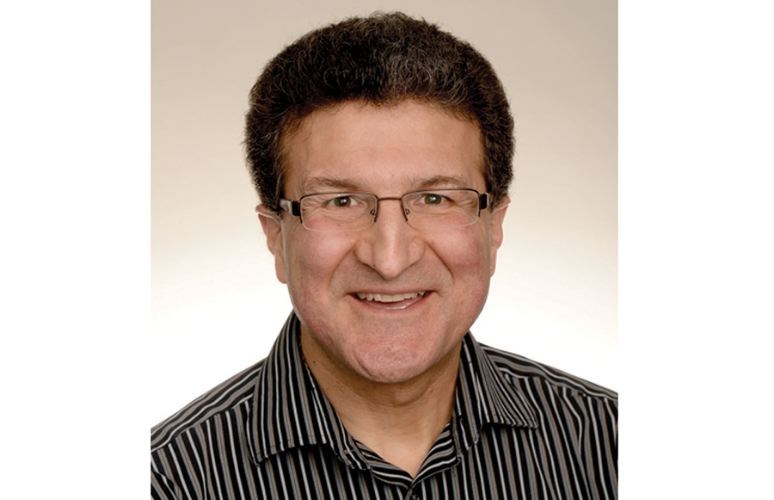According to the British Columbia Ministry of Education:
"The aim of social studies is to develop thoughtful, responsible, active citizens who are able to acquire the requisite information to consider multiple perspectives and to make reasoned judgments."
One of these "reasoned judgments" is deciding whom one will vote for at election time. As a teacher I have to admit that I have found it challenging to find a way to engage students in the political process and to convince them that their voices matter.
Recently I experienced a breakthrough, however. Several social studies teachers in my school arranged for our students to take part in Student Vote 2015, sponsored by Elections Canada. It is like a real federal election, except for the fact that student votes do not count. That said, their votes are counted, and the results are made public after the election has taken place. In the next federal election, these same senior high school students will actually be voting; they know it and the politicians know it.
My colleagues did an amazing job in organizing this activity, and invited all of the candidates from our constituency to a school assembly. Most of them came and addressed a packed house of over 1000 students. All who were present could feel the lights going on for the young people.
No longer was the election something that other people participated in, no longer was government something far away in Ottawa. The candidates addressed the issues that were of concern to young people and made it clear that they wanted their votes. The young people were listening and responded enthusiastically.
When the day came for the vote to take place, the students again responded. They participated at more than twice the national average for those under the age of 24 in the 2011 Federal Election.
One of the organizers of the event at our school, social studies teacher Donna Kemp, summed things up well when she said, "The kids are like, wow, this is serious business, this is real. They are very sophisticated thinkers in a lot of ways, and they can understand the issues if we talk to them about it."
The formula for engaging young people in politics is really very simple, let them know that their opinions matter and that the politicians are listening.
When I reflect on my years as a young adult, I remember writing to my MP and always getting a response. Though I was often in disagreement, I felt that I was listened to, I was willing to agree to disagree, and I was willing to trust my representative. I could take a wait and see attitude until the next election. That is how the political process is supposed to work. I never forgot the experience, and I have remained active in politics. I know that my voice matters.
It is wonderful to see young people engaged in politics once again, and Canada will be better for their efforts.
The challenge now is to listen to our youth. It is vital that politicians reply when they are contacted, even if they need to hire more staff to keep up with the demand.
The more active citizens we have, the better and more accountable our government will be.



